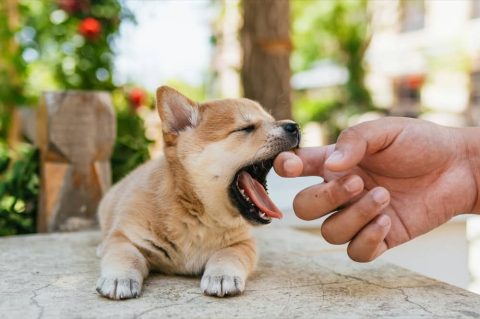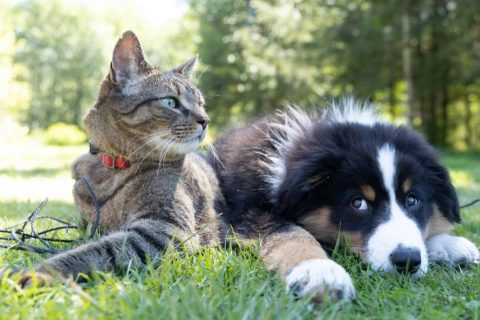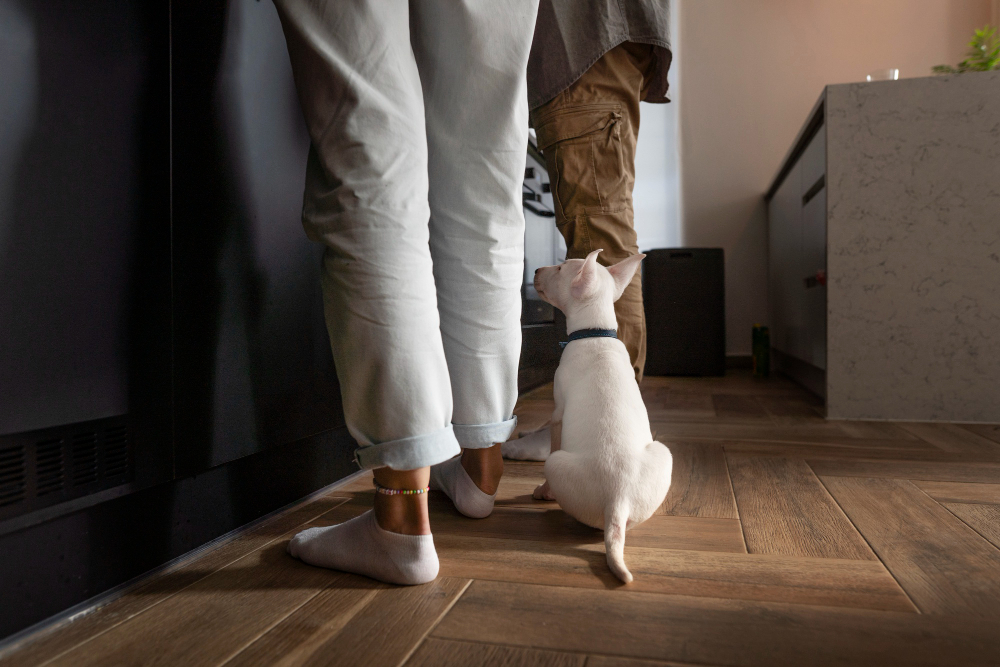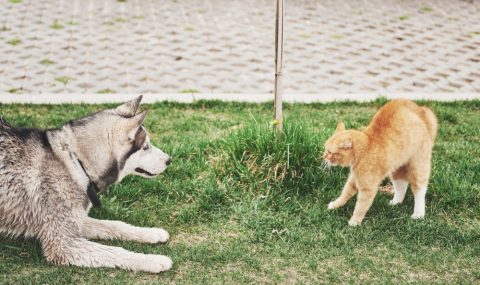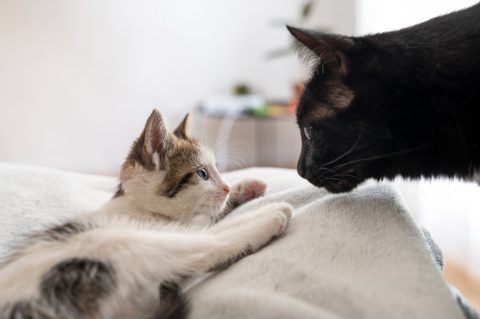Bringing home a new pet is always exciting, but when your home already has one or more furry residents, choosing the right breed combination becomes crucial. Some dogs naturally adapt to multi-pet environments better than others. Especially with mixed breeds, you can find delightful combinations that balance temperament, energy levels, and size—helping create a peaceful, pawfect home for everyone.
Let’s explore what makes certain mixed breeds shine in multi-pet households and why a little knowledge about breed traits can make a big difference.
Contents
Key Traits to Look For in Mixed-Pet Homes
Temperament
When you already have a pet or two at home, temperament is everything. Look for dogs that are naturally sociable, tolerant, and less territorial. Mixed breeds that inherit mellow, friendly personalities are often better suited for these households.
Size Compatibility
Having pets of dramatically different sizes can sometimes lead to accidental injuries during play. It’s wise to choose a new pet whose adult size will be reasonably compatible with your current pets. This doesn’t mean identical sizes, but they should be close enough to ensure safe interaction.
Energy Levels
Matching energy levels helps prevent frustration for both new and existing pets. If your older cat loves lounging on a sunbeam all day, a hyperactive pup may cause stress. Mixed breeds with moderate energy—neither couch potatoes nor Energizer bunnies—often fit in beautifully.
Top Mixed Breeds for Multi-Pet Households
Pomsky
The Pomsky, a mix between a Siberian Husky and a Pomeranian, is packed with energy and affection. Despite their fluffy coats and spirited personalities, Pomskies often inherit the sociability of Huskies and the charm of Pomeranians. They’re excellent with other pets, especially when socialized early.
Cockapoo
Cockapoos—a Cocker Spaniel and Poodle mix—are the quintessential family dogs. They’re sweet, playful, and intuitive about other animals’ emotions. Their intelligence (thanks to their Poodle lineage) also makes them easy to train for cohabiting harmony. Plus, their mostly hypoallergenic coats are a bonus for homes sensitive to pet dander.
Schnoodle
Half Schnauzer, half Poodle, the Schnoodle is a social butterfly that adores playtime. They come in various sizes depending on their parents, but their adaptable nature makes them a top choice for homes with multiple pets. Schnoodles thrive on companionship—human and animal alike.
Goldendoodle
A Golden Retriever mixed with a Poodle? It’s hard to go wrong. Goldendoodles are famously gentle, eager to please, and terrific at reading social cues, making them wonderful companions for cats, dogs, and even more exotic pets. Their easy-going demeanor helps maintain peace at home.
Corgidor
Mix a Labrador Retriever and a Pembroke Welsh Corgi, and you get a Corgidor: a short, sturdy bundle of joy. Labs are known for their tolerance, and Corgis bring their herding instincts—perfect for keeping playtime orderly. This mix tends to be friendly without being overwhelming, ideal for existing pet dynamics.

The Role of Genetic Testing in Multi-Pet Compatibility
Understanding your mixed breed’s genetic background isn’t just fascinating—it can actually help predict compatibility in a multi-pet home. Genetic tests, such as those offered by pet services like Pet Paradise and Pet Point, can reveal breed tendencies toward dominant behavior, prey drive, or anxiety.
For example, herding breeds like Australian Shepherds (frequently found in mixes) may have a stronger drive to chase smaller animals. Knowing this in advance can help tailor training methods or make more informed decisions about pet introductions.
Some insurance providers, like USAA Pet Insurance and Pet Insurance Colorado, even recommend early genetic testing to help foresee potential behavioral or health risks, ensuring all your furry friends thrive together.
Final Tips for a Harmonious Home
- Early Socialization is Key: Introduce pets gradually and under supervision to build positive associations.
- Maintain Separate Spaces: Especially in the beginning, having pet-friendly apartments with designated safe zones, such as a cozy bed from Happy Tails Pet Resort, helps.
- Consider Pet Insurance: Companies like Pet First Insurance and ASPCA Pet Insurance Discounts offer peace of mind when managing multiple pets’ health needs.
- Enrich the Environment: Provide ample toys, scratching posts, and pet waste stations from trusted providers like Pet Waste Station to minimize competition and stress.
- Stay Patient and Positive: Even in “pet paradise,” adjusting takes time. Gentle encouragement and positive reinforcement will pave the way to harmony.
Creating a joyful, mixed-pet household is both an art and a science. With the right mixed breed and thoughtful preparation, your home can become a true haven for every tail, paw, and whisker.



